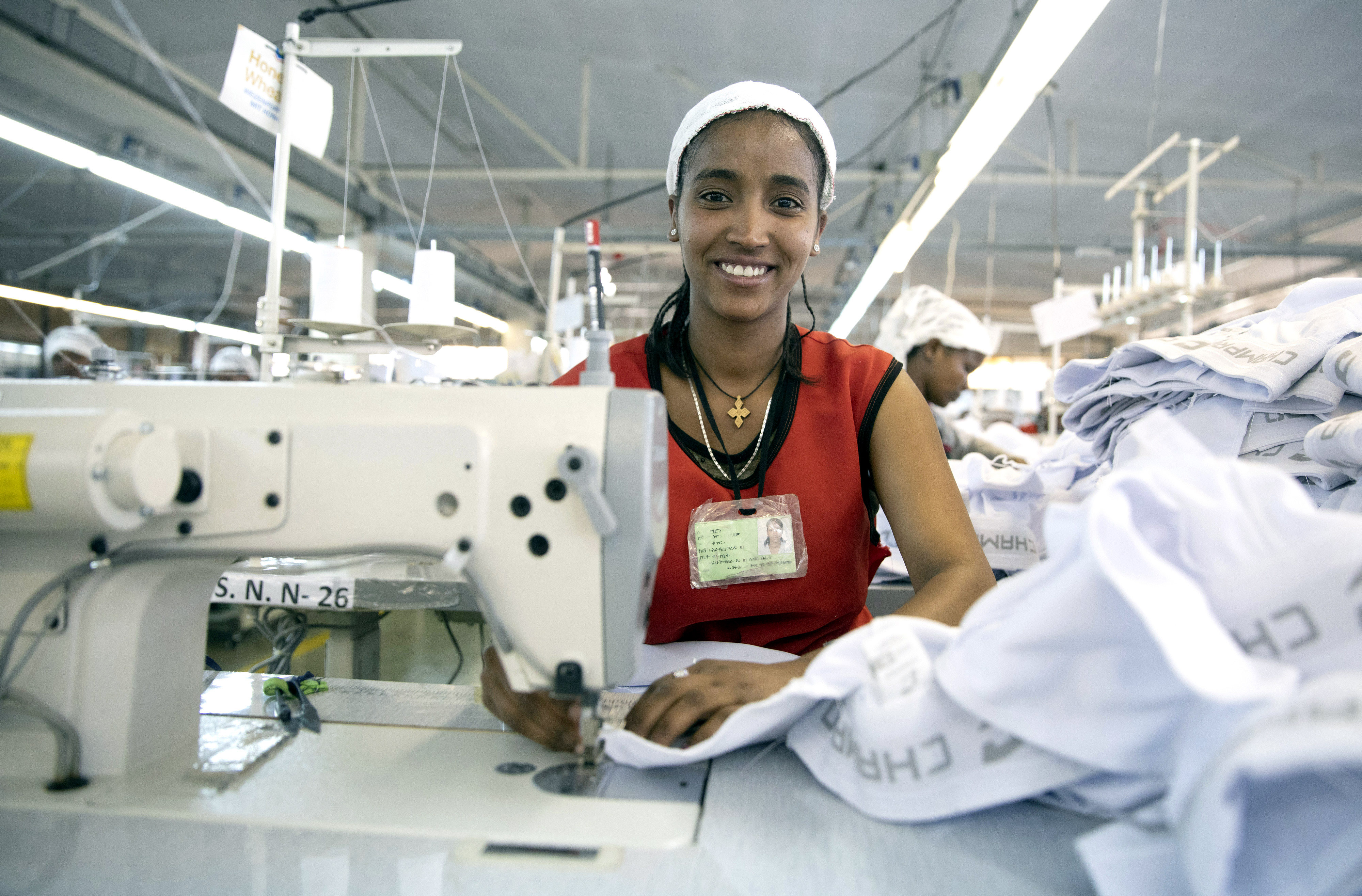German activities to improve environmental and social standards in the textiles industry Promoting gender equality
Women and gender-diverse people are disproportionately affected by low pay, sexual violence in the workplace and a lack of social protection. Because women are underrepresented in senior positions in business, trade unions and politics, there is little awareness of gender-specific challenges and they are not addressed.
The lack of gender-specific information, the “gender data gap”, means that measures are not precisely enough targeted and do not have the intended impact. Those information gaps need to be closed before effective solutions can be found. Many businesses focus more on measurable issues like health or safety but tend to neglect gender-specific problems like discrimination and sexual harassment or violence.
As at: 27/06/2024
